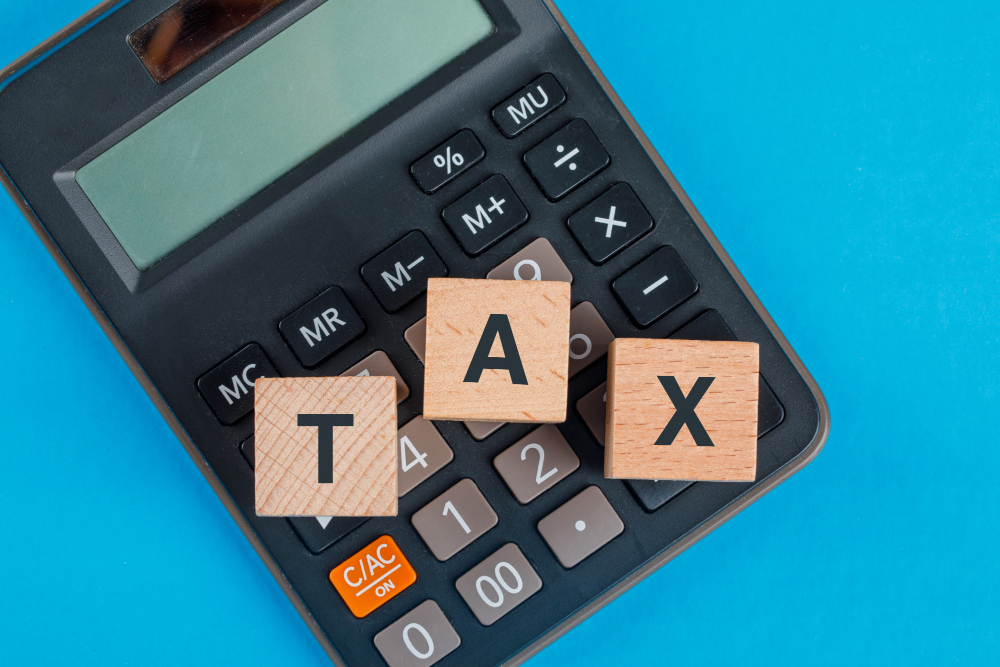
While most UAE companies may have until September 2025 to file their first corporate tax returns, some businesses have already passed the tax filing date. Companies whose tax period was on or before February 29, 2024, and who were formed or licensed in June of 2023, had until December 31, 2024, to file their returns.
Originally scheduled until the end of September, the FTA granted an extension. The majority of other UAE companies must file their 2024 tax returns by September 2025. Additionally, companies that were formed in June 2023 need to have made their first corporate tax payments by then.
If they did, the companies would also be the first to do so following the implementation of the corporate tax structure in the UAE, which took effect in June 2023. In the past, foreign banks doing business in the UAE were subject to corporate tax obligations that were more selective. 9% is the company tax rate in the UAE.
The deadline for UAE-licensed companies that were incorporated in June 2023 and that use the January to December calendar year as their fiscal year was December 31, 2024. This particular batch of companies can no longer postpone filing their returns until September 2025.
The first financial year of a newly established company may last up to 18 months, according to UAE regulations. If a firm was established in June 2023, its first financial year may only be from June 2023 to December 2023. These companies could not have decided to use the June 2023 to December 2024 timeframe as their first financial year. Since 19 months would be the total.
Tax consultants in Dubai claim that during 2023 and beyond, a significant number of businesses were being established or granted licenses in the UAE on a monthly basis. There will undoubtedly have been a sizable number of enterprises by June 2023; thus, it is best for them to have their tax books organized, according to a tax adviser. If they don’t, there may be harsh consequences.
But Are All Businesses Ready?
We are not sure if all businesses understand the corporation tax rules. Because they are unable to analyze their business module and the effects of the tax on different business transactions within their companies and group companies, the majority are not yet ready to meet the CT compliances.
Many businesses have a general understanding of CT, but upon closer inspection, you will find that the majority are clueless about electing transactions from the previous year or carrying forward losses. The process of filing VAT returns using the FTA’s Emaratax portal is rather easy. Every business must do detailed self-evaluations and self-declarations. The difference between deductible and non-deductible expenses must be well understood by tax registrants.










